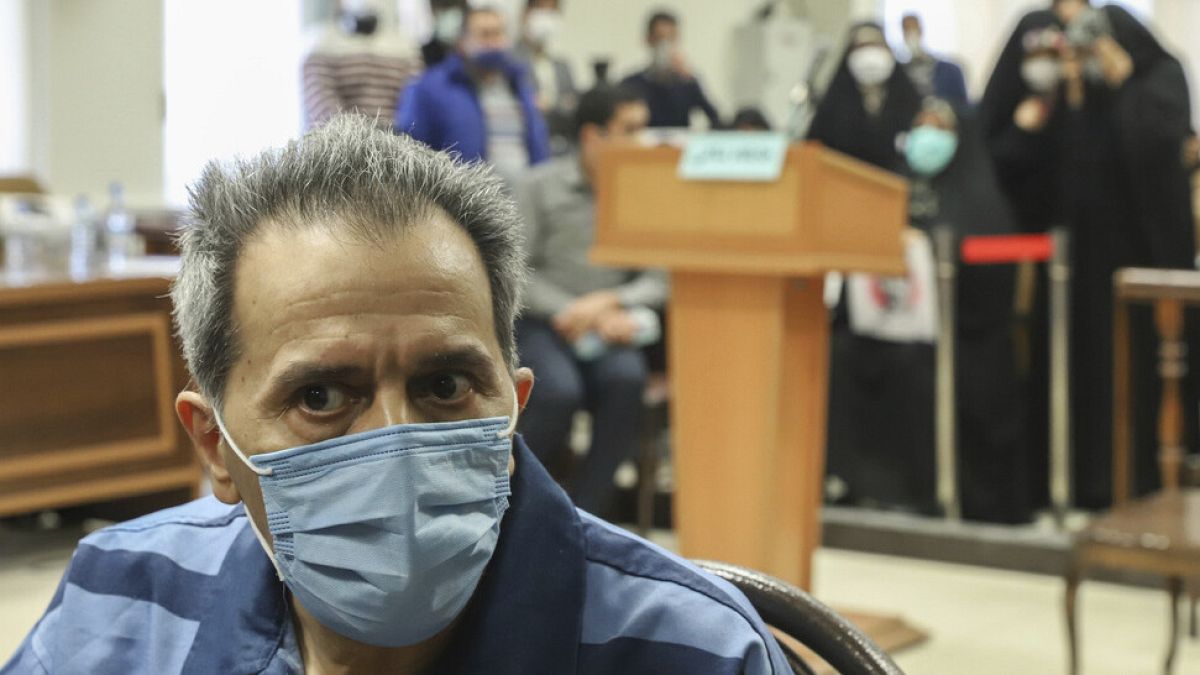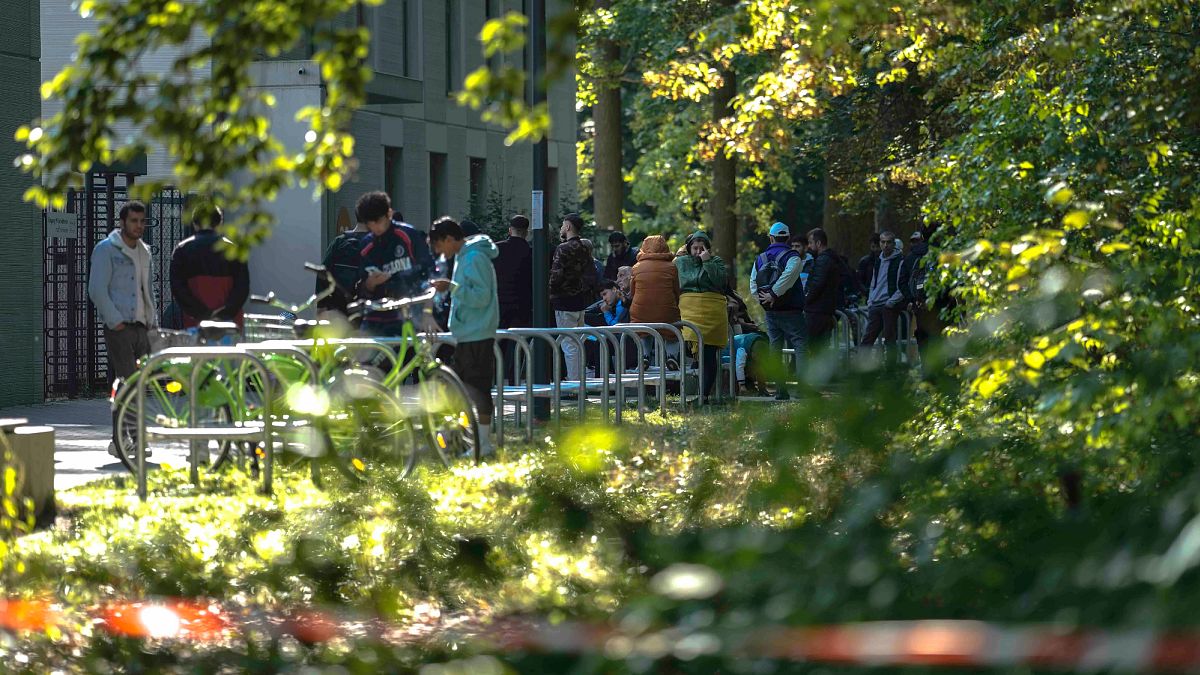Germany shuts Iranian consulates over execution of Jamshid Sharmahd

Berlin says relations with Tehran are at ‘a low point’ after the German-Iranian prisoner was executed in Iran on terror charges
Germany ordered the closure of all three Iranian consulates in the country on Thursday following Tehran’s execution of Iranian-German dual citizen Jamshid Sharmahd, who had spent four years in an Iranian prison on terror charges.
Sharmahd, 69, a German citizen of Iranian descent and a US resident, was executed in Iran on Monday after being convicted of carrying out terrorist attacks, the Iranian judiciary said.
He was one of several Iranian dissidents abroad either tricked or kidnapped back to Iran in recent years as Tehran began retaliating after the collapse of its 2015 nuclear deal with global powers including Germany.
Sharmahd’s execution is the latest flashpoint in an already strained relationship between Germany and Iran, with their respective foreign ministers trading criticism over the killing.
“Our diplomatic relations are already more than at a low point,” German Foreign Minister Annalena Baerbock said on Thursday.
“We repeatedly made unmistakably clear to Tehran that the execution of a German citizen would have serious consequences,” she said, adding that Berlin will continue working to secure the release of an unspecified number of other Germans held in Iran.
Germany’s decision to shut the Iranian consulates in Frankfurt, Hamburg and Munich is a diplomatic weapon it seldom wields, and leaves the Islamic Republic with only its embassy in Berlin. The German embassy in Tehran will remain open. Germany expelled two Iranian diplomats last year over Sharmahd’s death sentence.
The German foreign ministry summoned Iran’s charge d’affaires on Tuesday to protest against Sharmahd’s execution. German Ambassador Markus Potzel also protested to Iranian Foreign Minister Abbas Araghchi, before being recalled to Berlin for consultations.
Iran has hit back strongly at Germany’s criticism, and Araghchi wrote on X on Tuesday that “a German passport does not provide impunity to anyone, let alone a terrorist criminal”. He also accused Baerbock of “gaslighting”. Iran’s foreign ministry has not yet commented on Germany’s decision to close its consulates.
EU considers action
A software engineer, Sharmahd had been campaigning for the Iranian opposition for years when Iran’s security forces kidnapped him during a layover in Dubai in 2020.
Sharmahd was sentenced to death in 2023 on charges of “corruption on earth” — a capital offence under Iran’s Islamic laws — in a trial that Germany, the US and international rights groups dismissed as a sham.
He had been accused by Iran of plotting a deadly 2008 bombing and other attacks, as well as “disclosing classified information” that pertained to key Iranian missile sites in use by the paramilitary Revolutionary Guard.
Sharmahd was also accused of leading the Tondar pro-monarchist group, which aims to topple the Islamic Republic, and is classified as a terror organisation by Iran.
His family disputed the allegations and had worked for years to see him freed.
On Monday, German Chancellor Olaf Scholz called Sharmahd’s execution a “scandal”.
EU foreign policy chief Josep Borrell said on Tuesday that the killing had caused “serious harm” to relations between the EU and the Islamic Republic.
“In view of this appalling development, the European Union will now consider targeted and significant measures,” he said in a statement, without elaborating.
Human rights group HAWAR welcomed the decision to close the consulates but urged Berlin to tackle Tehran’s “hostage diplomacy” and intensify efforts to secure the release of another German citizen, Nahid Taghavi, 70, who has been held in Iran since 2020.
At least 639 people have been executed this year alone by Iran, according to Norway-based NGO Iran Human Rights (IHR), which labelled the execution the “extrajudicial killing of a hostage”.
Source: Euro News















